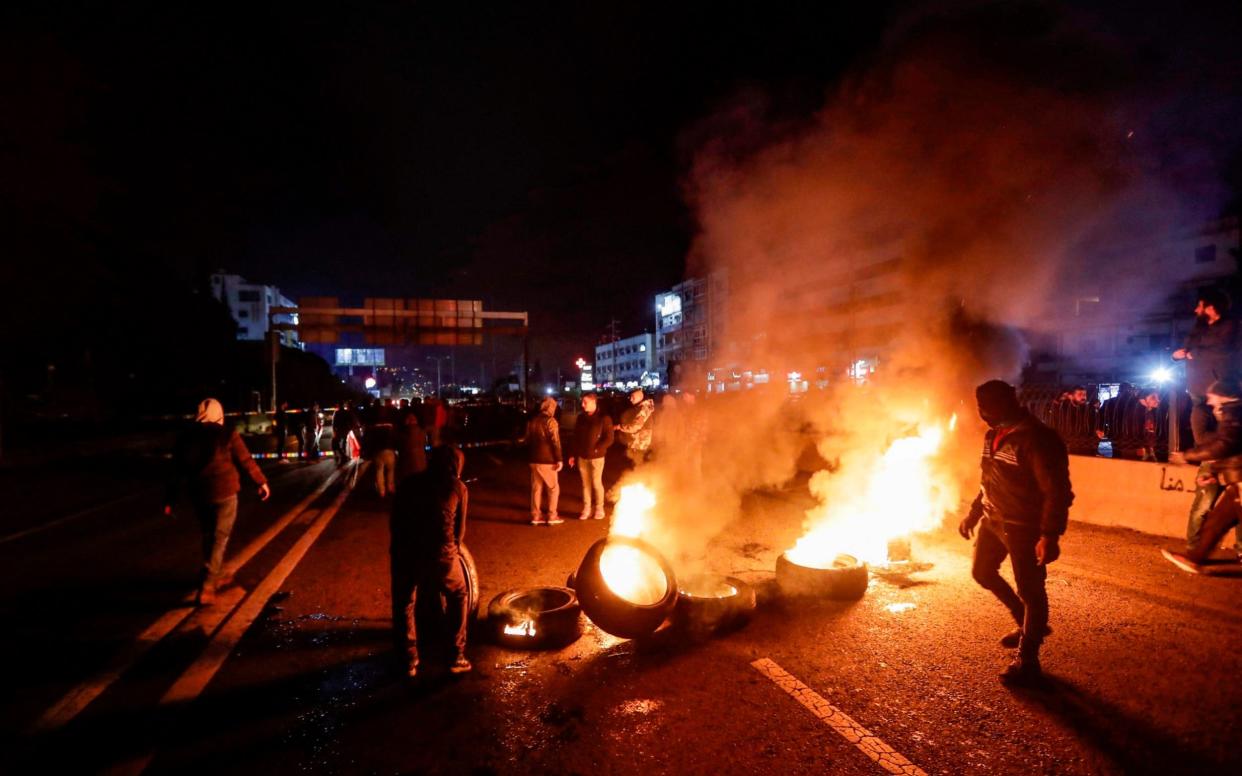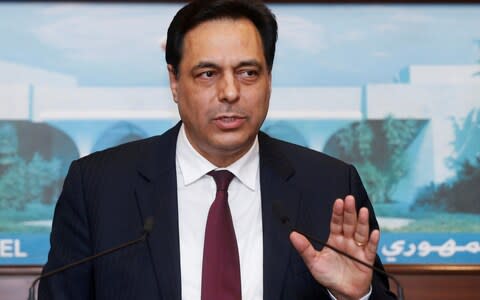Lebanon announces new government after months of uncertainty and protests

A new Lebanese government was formed Tuesday night, breaking a months-long impasse amid ongoing mass protests against the country's ruling elite. Hassan Diab, the new prime minister, had struggled to form a government since being nominated in December.
Mr Diab vowed on Tuesday that his newly unveiled government would strive to meet the demands of a three-month-old protest movement demanding radical change.
"This is a government that represents the aspirations of the demonstrators who have been mobilised nationwide for more than three months," he said, moments after the line-up was read out at the presidential palace.
He said his government "will strive to meet their demands for an independent judiciary, for the recovery of embezzled funds, for the fight against illegal gains."
The move, which comes three months after former prime minister Saad Hariri resigned, is unlikely to satisfy protesters.

They have been calling for sweeping reforms and a government made up of independent technocrats that could deal with the country's crippling economic and financial crisis, the worst this tiny Mediterranean country has faced in decades.
Mr Diab had initially said he would form a government of “independent experts” and not members of political parties.
At least two of the new ministers were formerly ministers, in addition to Mr Diab who was an education minister after Hizbollah and its allies brought down the government in 2011.
Mr Hariri, the outgoing premier and the country’s most popular Sunni politician, will not have any representation in the new government.
Alongside Mr Hariri, his pro-Western allies, including the Lebanese Forces, Progressive Socialist Party and the Kataeb Party, will not participate.
It remains to be seen whether the new government will receive the backing of the international community as it has called for a government that meets the demands of the protesters.
Protesters have been on the streets since Oct. 17 after the now-infamous “WhatsApp tax”, one of a number of taxes that were slated to be imposed.
Lebanon has long suffered from rampant corruption and a sectarian system that often forces citizens to revert to a form of clientelism to get basic services.


